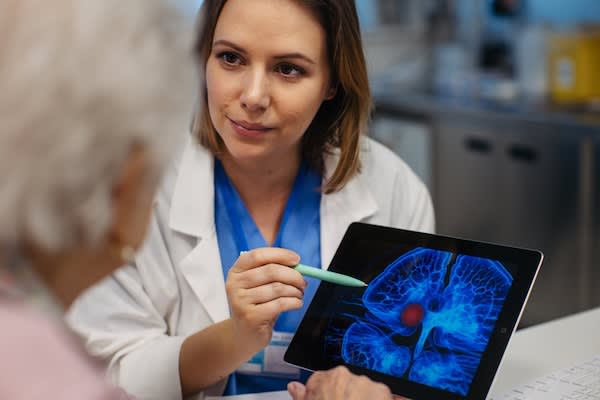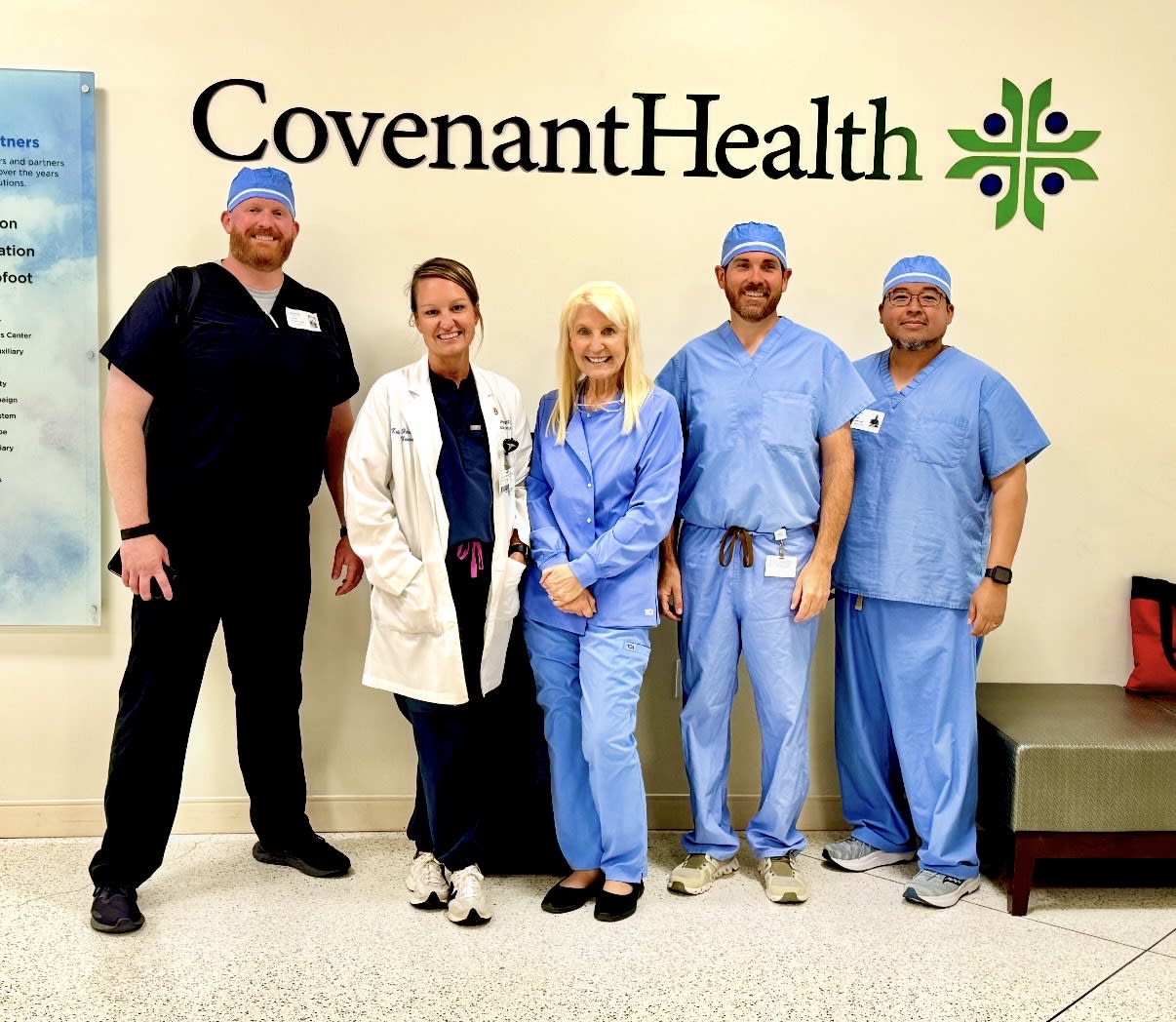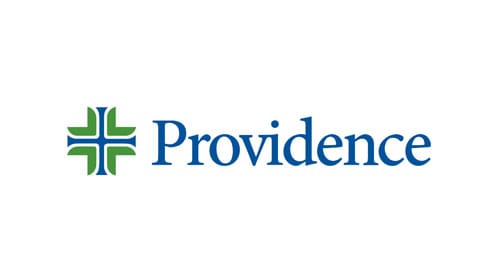If you're experiencing shaking from essential tremor, focused ultrasound might be right for you. Call 424-212-5361 or complete the form to request an appointment.
Providence Little Company of Mary (LCOM) Torrance Neuroscience Institute
Through clinical excellence and advanced technology, Providence Little Company of Mary Torrance Neuroscience Institute provides leading-edge care for more than 5,000 patients with neurological conditions each year – all close to home in the South Bay.
Providence Little Company of Mary (LCOM) Torrance Neuroscience Institute
Through clinical excellence and advanced technology, Providence Little Company of Mary Torrance Neuroscience Institute provides leading-edge care for more than 5,000 patients with neurological conditions each year – all close to home in the South Bay.
Our Approach
At the Neuroscience Institute, you have access to advanced treatment options, such as focused ultrasound and our customized frameless deep brain stimulation (DBS). And you are in the best possible hands; we have experience treating complex conditions such as brain tumors, movement disorders, neuro-ophthalmology and the rarest subspecialties.
Our nationally recognized neurology specialists partner with the Pacific Neuroscience Institute to provide fellowship-trained multidisciplinary teams that include neurologists, neurosurgeons and vascular neurologists. One of our neurosurgeons even pioneered the keyhole surgical approach, a minimally invasive surgery to remove a brain tumor that improves recovery times and patient outcomes – now used by hospitals around the world.
Focused Ultrasound for Essential Tremor (ET) and Tremor Dominant Parkinson’s Disease (TDPD)
Magnetic resonance guided focused ultrasound (MRgFUS) – often just referred to as focused ultrasound – is a treatment for essential tremor patients who haven’t responded to medication.
If you experience hand tremor, focused ultrasound could be a beneficial treatment that doesn’t require incisions, radiation, anesthesia or ongoing maintenance.
When you’re ready to learn more, call us at 424-212-5361.
Every Neurological Condition, Expertly Treated
Our neurological experts use the most effective therapies to treat complex neurologic conditions, including:
Providence Little Company of Mary Torrance Neuroscience Institute offers options and hope to patients seeking the most advanced therapies for their neurological condition. We nurture a long-term relationship with you to manage your specific symptoms and condition, designing personalized treatment and recovery plans that fit your needs.
Our treatments and services include:
- Botulinum toxin injections
- Complex tumor resection
- Concussion management
- Deep brain stimulation (DBS)
- Magnetic resonance guided focused ultrasound (MRgFUS)
- Neurosurgery
- Prescription medications
- Rehabilitation services
- Speech Language Therapy
- Spine care and spine surgery
- Spinal fusion and vertebroplasty
- Stereotactic radiosurgery
- Surgical tumor removal
We offer key support to help you and your loved ones through your treatment journey as comfortably as possible. Services include:
- Acute rehabilitation services
- Center for Optimal Aging outpatient program
- Chaplain services
- Cooking classes
- Community education services
- Counseling
- Daily exercise classes
- Financial counseling
- Healthcare application assistance
- Health education classes
- Interpreter services
- Local resource referrals
- Navigation services
- Nutrition services
- Outpatient rehabilitation services
- Palliative care
- Pharmacy services
- Special events
- Support groups
- Social work services
- Weekly Wilmington Certified Farmer’s Market
- Wellness workshops
Meet the Team
At Providence, you'll have access to a vast network of dedicated and compassionate providers who offer personalized care by focusing on treatment, prevention and health education.
Recognition
As part of our commitment to quality, the Providence Little Company of Mary Torrance Neuroscience Institute participates in the American Heart Association’s (AHA) Get with The Guidelines® (GWTG) program. We voluntarily share data on carotid artery procedure outcomes, then receive feedback to help us continuously improve our performance.

U.S. News & World Report - High Performing Hospital in Neurology and Neurosurgery (2025-26)

U.S. News & World Report - High Performing Hospital in Stroke (2025-26)

The Joint Commission with the American Heart Association/American Stroke Association - Comprehensive Stroke Center (CSC) Certification
B.E. F.A.S.T. and Recognize Stroke Symptoms
Strokes occur when blood flow to the brain is disrupted, which keeps brain cells from receiving the oxygen they need to live. As a result, strokes can cause a variety of symptoms.
An easy way to remember stroke symptoms is to B.E. F.A.S.T.
- B – Balance: loss of balance and coordination
- E – Eyes: difficulty seeing in one or both eyes or blurry vision
- F – Face: facial droop
- A – Arms: weakness
- S – Speech: trouble speaking or understanding speech
- T – Time: time to call 911
Patient Video
Randy White was paralyzed from the neck down after a jet ski accident. After specialized surgery and rehabilitation at the Spine Institute at LCOM Torrance, Randy went home – on his own two feet.
Expert Tips and Advice





